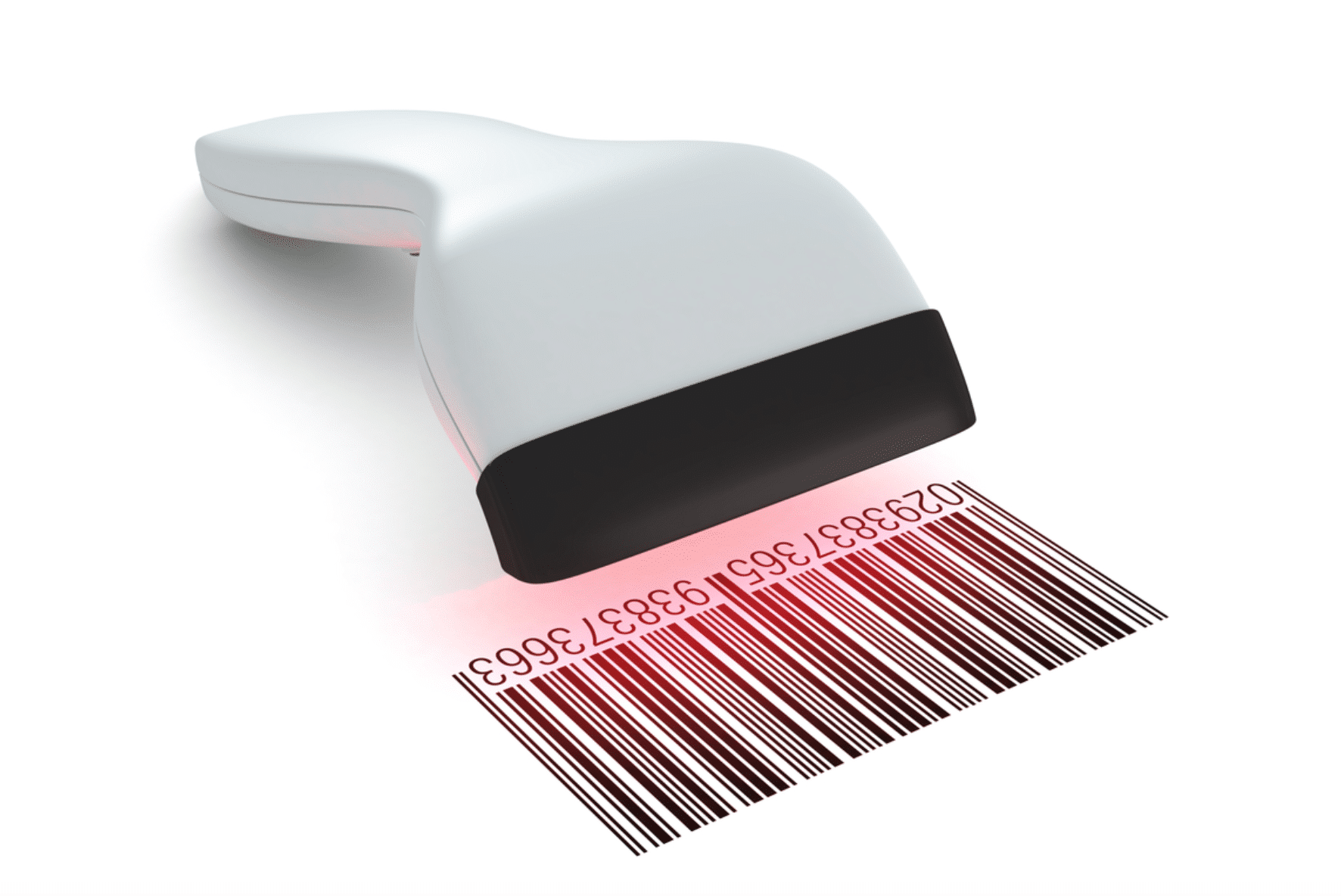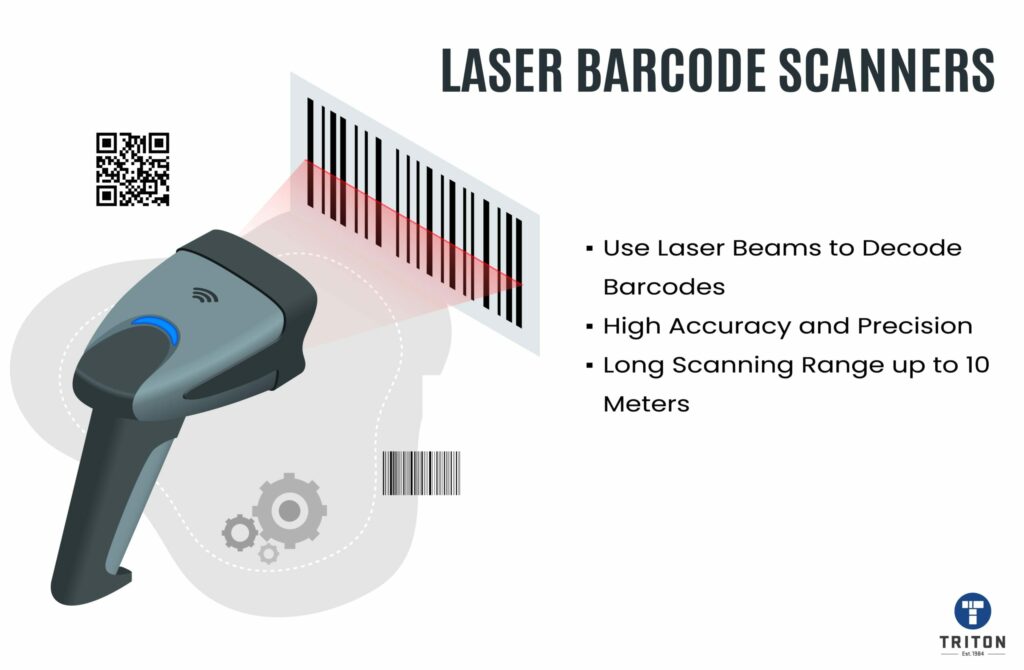Why Barcode Scanners Are Crucial for Modern Retail and Warehousing
In the rapidly advancing landscape of retail and warehousing, the integration of barcode scanners has come to be a critical component in streamlining operations and boosting precision. By automating data entrance procedures, these tools not only decrease human error however likewise substantially improve supply administration and check out performance. As companies pursue affordable advantage, comprehending the complex advantages of barcode technology exposes its critical duty in enhancing resource allowance and cultivating robust distributor connections. The effects of these developments increase additionally concerns concerning the future trajectory of barcode modern technology and its effect on sector standards.
Benefits of Barcode Scanners
Barcode scanners provide numerous benefits that dramatically boost operational efficiency in retail and warehousing environments. The automation of data access refines gets rid of the errors frequently related to manual input, leading to boosted accuracy in inventory monitoring and sales deals. With the ability to promptly check products, organizations can quicken check out times, enhancing the customer experience and decreasing wait times.
Furthermore, barcode scanners help with real-time information collection, enabling for prompt updates to stock levels and sales documents. This ability enables organizations to react quickly to modifications in need and optimize supply degrees, decreasing excess supply and reducing stockouts. In addition, the integration of barcode scanners with supply management systems enhances procedures such as order satisfaction and item returns, further improving functional efficiency.
Price cost savings are an additional essential benefit. By lowering labor expenses connected with hands-on supply administration and reducing mistakes that can cause monetary losses, barcode scanners add to general profitability. Their convenience of use and portability make them easily accessible for team training, guaranteeing that workers can swiftly end up being skillful in their procedure. On the whole, the implementation of barcode scanners is a strategic investment that yields significant returns in efficiency and operational excellence.
Enhancing Stock Administration
Effective supply monitoring is pivotal for maintaining functional efficiency in retail and warehousing setups. Barcode scanners play an important duty in this procedure by improving the tracking of supply degrees, product areas, and supply movements. By automating information capture, these tools lessen human error, bring about even more accurate supply documents.
Using barcode scanners makes it possible for real-time exposure into stock quantities, permitting organizations to make enlightened choices relating to reordering and stock turning. This immediacy aids avoid overstocking or stockouts, both of which can negatively impact client contentment and revenue margins.
Moreover, barcode scanning helps with reliable stock audits. With fast scanning capabilities, team can carry out inventory checks quickly, ensuring that disparities are identified and fixed quickly. Boosted inventory precision not only supports functional effectiveness but additionally enhances partnerships with providers, as exact data can cause better arrangement terms and improved order satisfaction.

Improving Check Out Effectiveness
As consumers progressively demand quicker and a lot more effective buying experiences, improving check out processes has actually come to be a leading priority for stores. Carrying out barcode scanners plays a crucial duty in this undertaking, dramatically streamlining the transaction procedure. By permitting cashiers to check products quickly, barcode innovation decreases the time invested in each sale, thus reducing total wait times for consumers.
In addition, barcode scanners promote the precise identification of items, lessening the possibility for mispricing and making certain that consumers are billed appropriately. This performance not just enhances client fulfillment yet additionally boosts the store's operational efficiency. With the capability to process several things in quick succession, merchants can take care of high volumes of purchases during optimal buying hours without compromising solution top quality.
Additionally, integrating barcode scanners with point-of-sale systems makes it possible for real-time stock updates, providing useful understandings into stock degrees. This immediacy allows merchants to manage stock better, ensuring that prominent things remain in stock and reducing the chance of lost sales. Generally, the adoption of barcode scanning modern technology is crucial for improving checkout efficiency, ultimately bring about improved client experiences and raised sales for stores.
Minimizing Human Mistake
In retail and warehousing settings, the implementation of scanning technology considerably lowers human their explanation mistake throughout deals. Traditional hand-operated access of item info is susceptible to mistakes, consisting of inaccurate pricing, misidentified things, and information access mistakes. barcodes scanners. Barcode scanners simplify this procedure by automating the capture of thing information, Get More Information making certain precision and uniformity
By making use of barcode scanners, staff members can quickly check products as opposed to manually inputting details. This automation reduces the risk of human oversight, providing a more dependable transaction procedure. Researches reveal that mistakes in stock management can lead to costly discrepancies, influencing supply levels and client complete satisfaction. Barcode scanning reduces these risks by enhancing the accuracy of inventory matters and sales documents.
In addition, barcode scanners enhance liability within the workforce. Generally, the fostering of barcode technology is an essential step toward attaining operational excellence in retail and warehousing setups.
Future Fads in Barcode Modern Technology
The evolution of barcode innovation is positioned to change retail and warehousing operations in the coming years, driven by advancements in automation, data analytics, click here now and mobile combination. As sectors increasingly adopt Internet of Things (IoT) systems, barcode scanning will come to be essential to real-time stock monitoring and supply chain optimization. Enhanced data analytics abilities will certainly make it possible for businesses to harness scanned info for anticipating analytics, boosting need projecting and inventory turnover.

In addition, the assimilation of fabricated knowledge with barcode modern technology guarantees to simplify processes through wise acknowledgment and error detection. As artificial intelligence formulas assess checked information, they can supply understandings that assist avoid stockouts and overstock circumstances.

Final Thought
To conclude, barcode scanners play a critical role in modern-day retail and warehousing by improving inventory monitoring, improving check out effectiveness, and significantly lowering human mistake. The integration of barcode modern technology not only simplifies operations yet also cultivates better distributor connections and maximizes resource appropriation. As technology remains to develop, the future of barcode scanning assures further improvements that will drive operational performance and earnings in increasingly competitive markets.